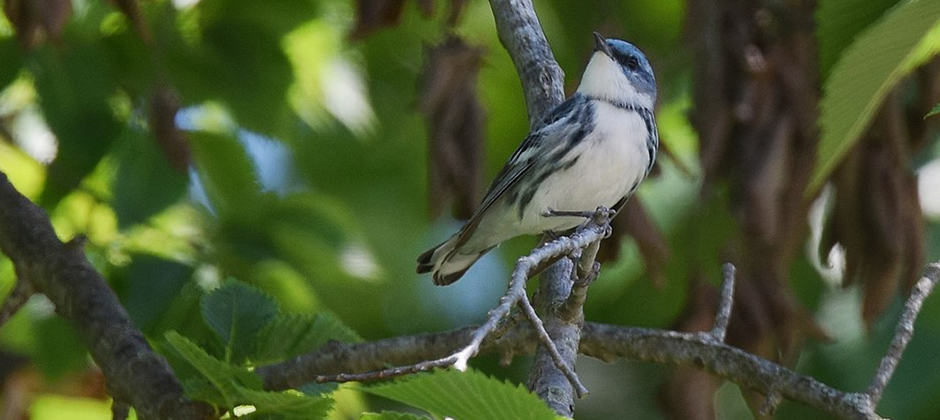Share this article
House Committee releases climate crisis report
The House Select Committee on the Climate Crisis released a report last week that includes hundreds of recommendations to help the country adapt to climate change, including the Recovering America’s Wildlife Act.
The report entitled “Solving the Climate Crisis: The Congressional Action Plan for a Clean Energy Economy and a Healthy, Resilient, and Just America” provides recommendations to reduce the country’s net greenhouse gas emissions to zero by 2050; protect 30% of the country’s lands and waters by 2030; support economic recovery through clean energy investment and job creation; and address environmental justice issues.
The recommendations included in the report are organized into twelve central tenets. The 10th pillar highlights recommendations to protect and restore America’s lands, waters, oceans and wildlife.
“To transform public lands and waters into a cornerstone of the climate solution, the federal government needs to develop and implement a comprehensive, aggressive plan to reduce emissions from fossil fuel extraction, increase renewable energy development, and protect and restore natural landscapes across the country,” the report states. “[A] comprehensive and coordinated national strategy based on science and long-term planning to protect, conserve, and connect habitats will be necessary to help species adapt to and survive the impacts of climate change.”
The report recommends passage of over 100 bills that have already been introduced in Congress. Many of the report’s recommendations regarding infrastructure are included in the large infrastructure package passed on the floor of the House last week.
The report references the Recovering America’s Wildlife Act as a legislative vehicle for Congress to provide funding for states, tribes and territories to increase wildlife conservation efforts and manage and recover Species of Greatest Conservation Need. The measure, a key TWS policy priority, was approved by the House last week as part of the infrastructure package.
“We appreciate the recognition by the Select Committee that wildlife management and conservation are inextricably connected to climate change,” said Caroline Murphy, AWB®, government relations manager at The Wildlife Society. “Protecting biodiversity needs to be a key component of our response to the climate crisis. The implementation of the Recovering America’s Wildlife Act, as recommended by the report, will do exactly that.”
The Recovering America’s Wildlife Act would provide about $1.4 billion to state, territorial and tribal wildlife agencies for the conservation of thousands of fish and wildlife species vulnerable to extinction. The Recovering America’s Wildlife Act was first introduced in 2016. It was approved by the House Committee on Natural Resources in December and awaits a vote in the full House. It was also included in the recent infrastructure package passed by the House, although without mandatory funding provisions. The infrastructure bill now awaits action in the Senate.
Read TWS’ Position Statement on Global Climate Change and Wildlife
Header Image: The cerulean warbler (Setophaga cerulea), a species sensitive to climate change, was identified as a species of greatest conservation need by 35 states in 2015. Credit: Andy Reago & Chrissy McClarren USFWS








